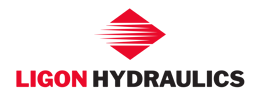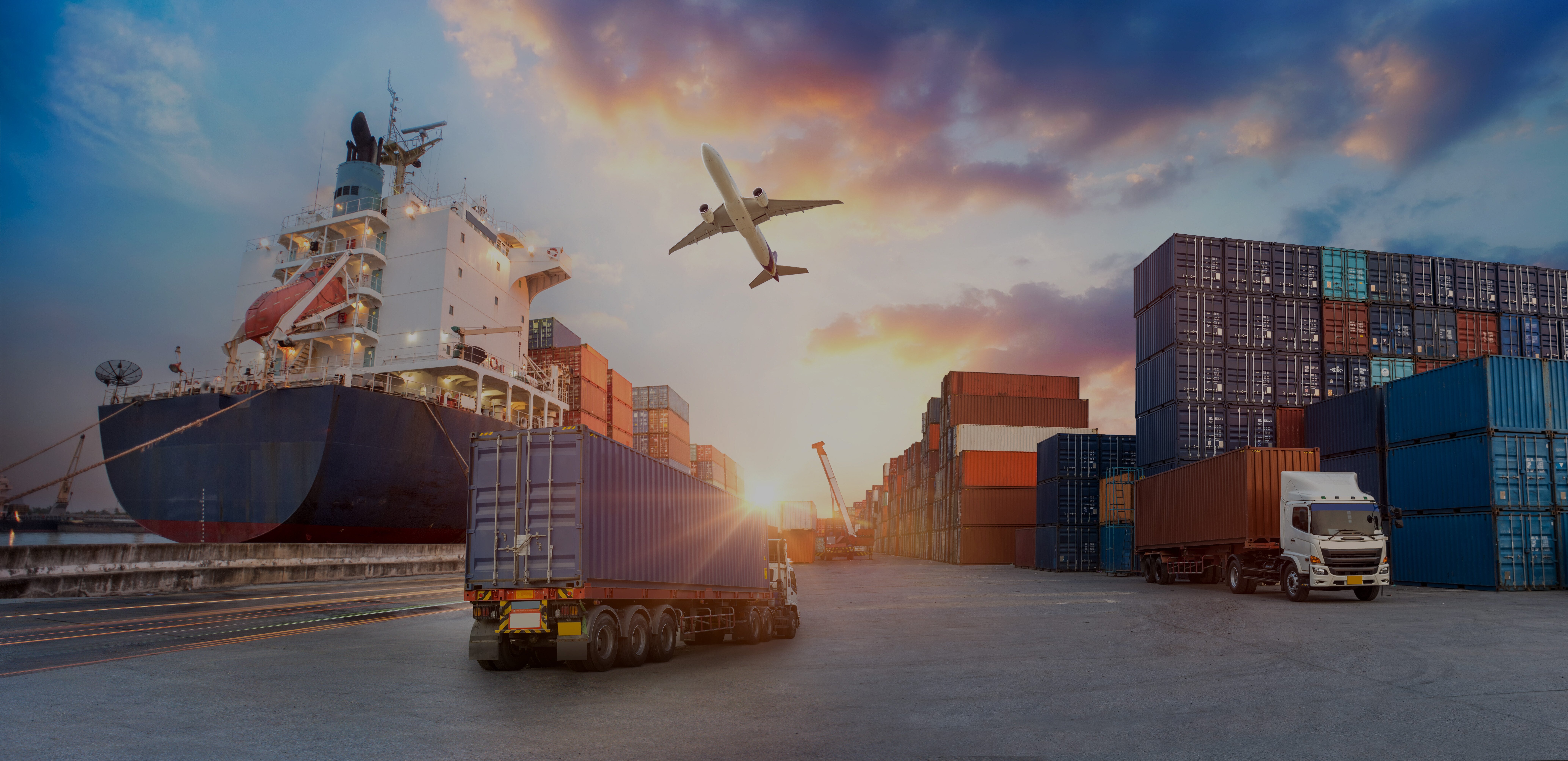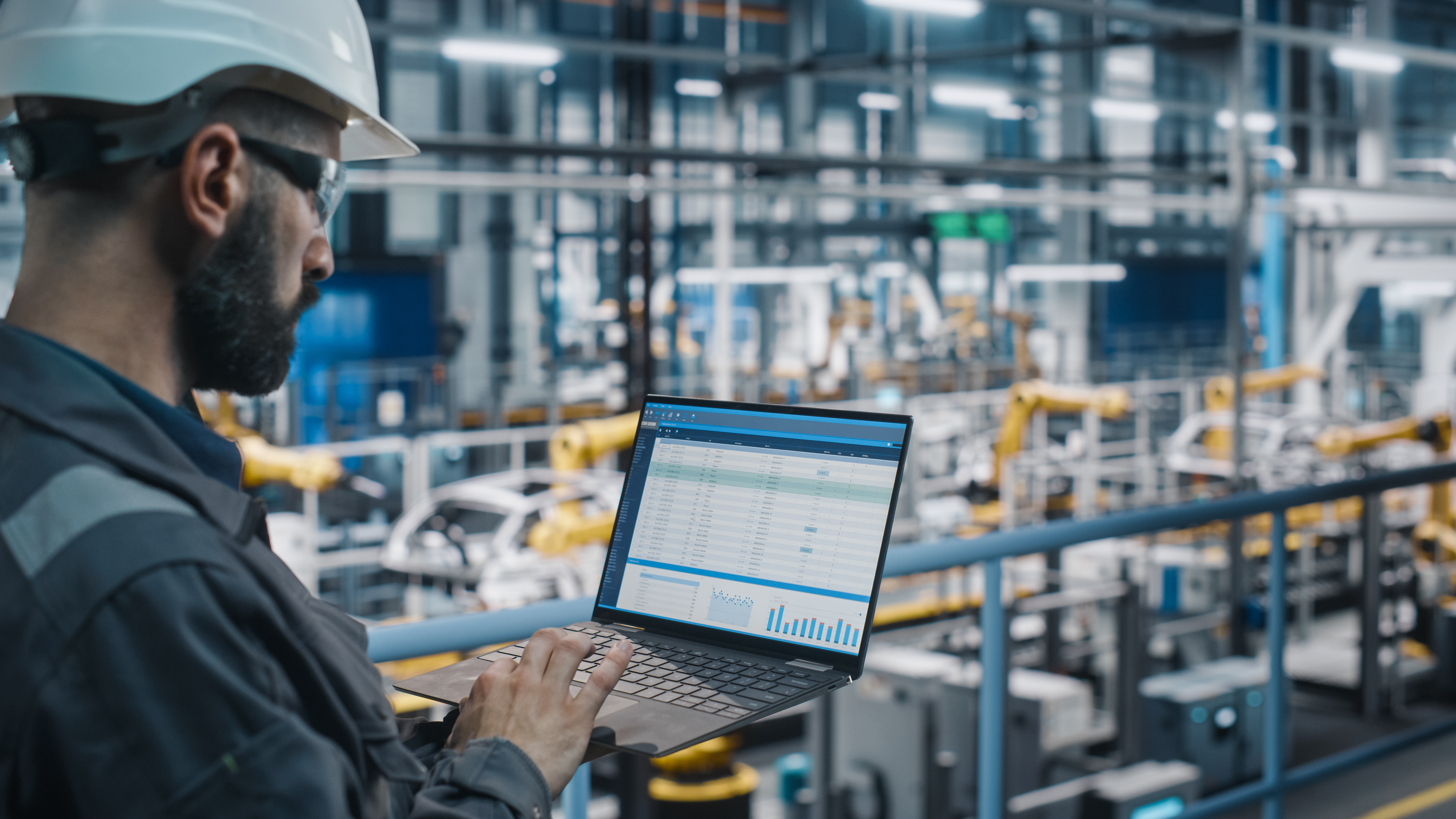Why Domestic Sourcing of Hydraulic Cylinders is the Best Choice
With global unrest continuing and events outside of manufacturers’ control such as the recent bridge collapse in Baltimore adding uncertainty to the reliability of overseas supply chains, where you source your hydraulic cylinders can have a profound effect on the health of your company. Those supply chain-related decisions can affect everything from team morale to product quality to your relationships with customers.
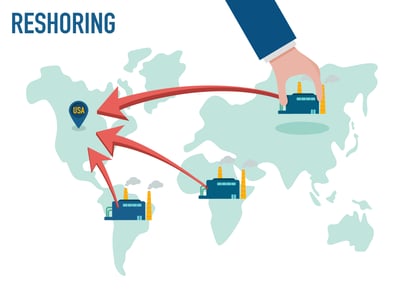 Earlier this year, hydraulic cylinder shipments from China and India were being delayed by an additional 2 to 4 weeks because of geopolitical problems affecting the Red Sea and Suez Canal. That challenge persists with shipments in the Canal down 50% from a year ago, and the cost of many shipments from Asia to North America has increased by 5%-10%, or more because of lengthy rerouting around the Cape of Good Hope at the southern tip of Africa.
Earlier this year, hydraulic cylinder shipments from China and India were being delayed by an additional 2 to 4 weeks because of geopolitical problems affecting the Red Sea and Suez Canal. That challenge persists with shipments in the Canal down 50% from a year ago, and the cost of many shipments from Asia to North America has increased by 5%-10%, or more because of lengthy rerouting around the Cape of Good Hope at the southern tip of Africa.
What’s more, drought in the Panama Canal Zone has restricted by 40% the number of ships that can pass through the Canal and forcing them to take the long way around the southern tip of South America.
Although global sourcing has been the rule rather than the exception over the past 20-30 years, that approach began to fall out of favor during the COVID-19 pandemic several years ago and continues to be on the decline as inflationary political and environmental factors beyond our borders persist.
Although reconfiguring your hydraulic cylinder supply chain takes time, this 4-step process can be worth it in the end. Those actions include: 1) Mapping your overseas supply chain; 2) Re-establishing or strengthening relationships with existing domestic suppliers; 3) Identifying new potential domestic suppliers; and 4) Developing a long-term supply strategy based on your findings.
By making the effort to source your cylinders domestically, you can increase the value you bring to your relationships with customers in 3 ways.
1. Local Sourcing Accelerates Procurement Cycles. By trimming lead times associated with cylinder procurement due to less time required to ship products and clear customs, you can receive orders in days rather than weeks or months. This abbreviated timeframe is crucial in meeting your production deadlines and in helping your customers fill their orders.
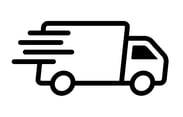 Another advantage of using local suppliers is that they offer the flexibility to respond quickly to sudden changes in specifications or market demand. This level of service is difficult or impossible to achieve in global supply chains, where any modification to the original order can lead to extensive, costly delays that disrupt production schedules for you and your customers.
Another advantage of using local suppliers is that they offer the flexibility to respond quickly to sudden changes in specifications or market demand. This level of service is difficult or impossible to achieve in global supply chains, where any modification to the original order can lead to extensive, costly delays that disrupt production schedules for you and your customers.
The ability to quickly adapt to modified requirements can keep your production line, and those of your customers, moving while at the same time allowing you to design products and processes that foster innovation.
2. Domestic Sourcing Makes Rigorous Quality Control Easier. Local manufacturers of hydraulic cylinders are often subject to stringent quality standards and regulatory requirements. Your proximity to the manufacturer of the cylinders you need to help your products function safely and to their full potential allows you to closely monitor, and participate in, the quality assurance process.
 In doing so, you help to ensure your customers that the hydraulic cylinders used in the equipment they manufacture precisely meet the required specifications and safety standards.
In doing so, you help to ensure your customers that the hydraulic cylinders used in the equipment they manufacture precisely meet the required specifications and safety standards.
Closely related to quality control is the safety factor for reducing the risk of counterfeits. Sourcing products through the global supply chain opens the door to being promised cylinders that meet specifications and safety standards and getting ones that can compromise the efficiency or safety of the equipment on which they are used, potentially jeopardizing your reputation and those of your customers.
In contrast, local sourcing mitigates this risk of counterfeiting by offering more transparent supply chains where the origin, materials, and manufacturing practices of the hydraulic cylinders are easy to verify.
3. Local Sourcing Reduces Total Cost of Ownership (TCO). Although the price of hydraulic cylinders manufactured overseas may be lower, the TCO tells a different story. By purchasing cylinders domestically, you experience lower shipping costs, no tariffs, and no port taxes or additional handling fees that can add cost without adding value. Hydraulic cylinders are heavy items. The old adage of "shipping 1500 pounds within 1500 miles" when referring to the best practice of weight over distance certainly has merit when discussing hydraulic cylinder costs.
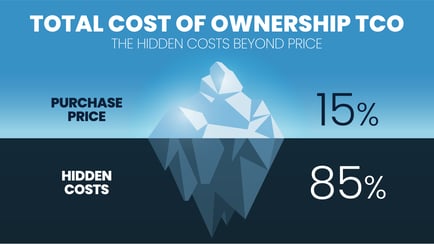 What’s more, investing in local suppliers contributes more significantly to the U.S. economy than imported goods by supporting the creation and preservation of well-paying jobs that can support a family.
What’s more, investing in local suppliers contributes more significantly to the U.S. economy than imported goods by supporting the creation and preservation of well-paying jobs that can support a family.
Besides adding more to the local and national economies, relying on a domestic supplier reduces the carbon footprint of the assemblies and components you use to manufacture your products, allowing you to “do well and do good” at the same time.
Transitioning to local sourcing can be challenging because you need to find suppliers with the capacity to meet demand or negotiate competitive pricing. However, these hurdles can be overcome by forming mutually beneficial relationships and investing in technology that increases efficiency on the production floor and in the back office.
Such investments include integrated production management and supply chain management software platforms that can enhance visibility, control, and communication among manufacturers and their suppliers and customers.
What’s Ahead
The shift toward local sourcing is more than a fad. Instead, it is a strategic realignment of the manufacturing sector's emphasis on supply chain resilience, product quality, and TCO, with sustainability also being a factor for some companies.
By choosing domestic suppliers for hydraulic cylinders and other products that have largely been produced overseas for the past several decades or more, manufacturers are optimizing their operations and investing in a more secure future for the communities where they operate and, by extension, for our country.
While the temptation to minimize costs can be strong, the circumstances of the past several years have taught us that a lower-priced assembly or component from overseas can cost more than a higher-priced one made domestically. For hydraulic cylinders that best meet your production schedules, quality requirements, and financial goals…
